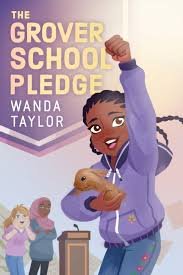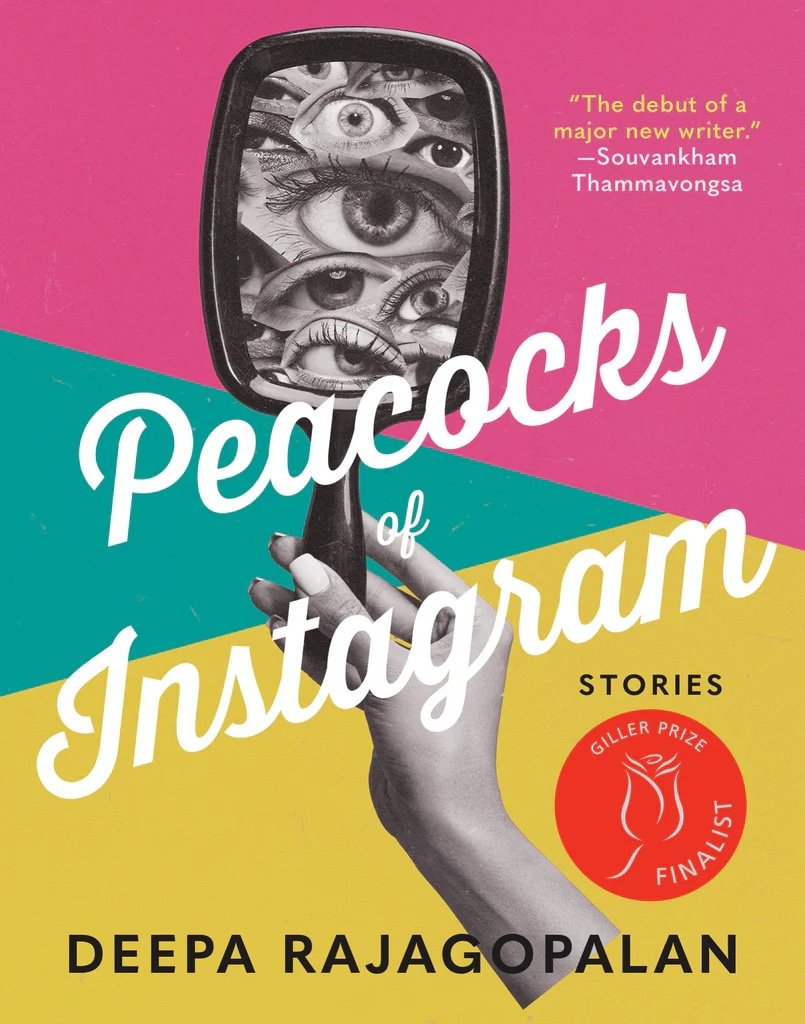Chelene Knight’s Editorial Portfolio
What I do
I work with writers and publishers in various capacities, whether as an editor, coach, onboarding specialist, mentor, or creative partner. My overarching goal is to help authors gain clarity on their projects and creative careers. I aim to show them what’s possible in terms of craft, structure, and vision while guiding them to make intentional, aligned decisions that support their unique long-term creative goals.
I work with the storyteller, not just the story.
In today’s fast-paced world, pop culture often promotes an outdated image of what it means to be an author. Every writer is unique, with their own definitions of success, goals, and motivations for writing. I meet each writer where they are, helping them use self-discovery and curiosity as lenses for revising their work. As an established writer myself, I understand the pressure to follow the same path as our peers; however, our individual goals call for a personalized approach that truly honors each writer's journey.
Chelene Knight is the author of the Braided Skin (Mother Tongue 2015) the memoir Dear Current Occupant, winner of the 2018 Vancouver Book Award, and long-listed for the George Ryga Award for Social Awareness in Literature. Her novel, Junie (Book*hug 2022) is winner of the 2023 Vancouver Book Award, long-listed for the inaugural Carol Shields Fiction Prize and a finalist for the Ferro-Grumley Prize for LGBTQ fiction. Her book of narrative nonfiction, Let It Go: Free Yourself From Old beliefs and Find a New Path To Joy is out with HarperCollins Canada. Chelene’s guided journal for writers is forthcoming with House of Anansi January 2025.
Her essays have appeared in multiple Canadian and American literary journals, plus the Globe and Mail, the Walrus, and the Toronto Star.
Her work is anthologized in Making Room, Love Me True, Sustenance, The Summer Book, and Black Writers Matter, winner of the 2020 Saskatchewan Book Award. Her poem, “Welwitschia” won the 2020 CV2 Editor's Choice award. She was shortlisted for PRISM's 2021 short forms contest.
Knight was the previous managing editor at Room magazine, and the previous festival director for the Growing Room Festival in Vancouver and previously worked as a literary agent with the Transatlantic Agency. She has also worked as a professor of poetry at the University of Toronto and the University of British Columbia. She is founder of The Forever Writers Club, a membership for writers focused on creative balance, and is now founder of her own coaching studio, Breathing Space Creative through which she’s launched the Thrive Coaching Program where busy professionals can learn how personal development creates the mindset needed to better manage their energy and make space for all the things they are passionate about.
Editorial Highlights & Books Sold
I spent several years as a literary agent with the Transatlantic Agency, representing a roster of award-winning clients and shaping book projects that were later acquired by North America's top traditional publishers—many in competitive auctions. These projects spanned memoir, narrative nonfiction, historical fiction, and middle-grade novels. Working closely with authors through the process of selling their books taught me the importance of slowing down and building strong, collaborative relationships, an approach that now deeply informs how I show up as an editor today.
Some of My Favourite Books I Helped Shape as a Literary Agent
I edit like a coach
A coach doesn’t bring preconceived ideas to the table. Instead, they ask powerful questions that help writers uncover the reasoning behind their creative choices, opening doors to new possibilities within their manuscripts. As a certified coach, I help writers see what’s always been present but perhaps undiscovered. My approach is grounded in core coaching competencies, including demonstrating ethical practice, embodying a coaching mindset, establishing clear agreements, cultivating trust and safety, listening actively, evoking awareness, and facilitating the author’s growth.
I work with writers in the early stages of conceptualization, or within the first few drafts. This is where much of the heavy lifting and major decision-making happens, setting the foundation for the entire project.
In my approach to developmental editing, I bring a coaching lens, which means I’m bold in suggesting ways to reshape and restructure your book. I dive deep, focusing on the big picture. I keep a close grip on your “why”—the core driving force behind your project—and use it as a guide for recommending any editorial changes.
As a developmental editor, my role is to provide suggestions that enhance the overall structure, pacing, and flow of your manuscript. I dive into the building blocks of your story. I examine how the characters, themes, and narrative arcs work together to create a cohesive and compelling piece.
My experience working with small, mid-size, and large trade publishers—including Book*hug Press, House of Anansi, Inanna Press, Greystone Books, and HarperCollins Canada—has shaped my editorial process. These connections are all branches of the same tree—the tree being me—and they contribute to the thoughtful, holistic approach I bring to each project.
I teach writers how to build a formula for incorporating feedback
Ask 10 editors for feedback, and you’ll likely get 11 different opinions. Editorial feedback is inherently subjective, which is why craft alone isn’t enough. The key is having a decision-making tool that aligns with your project goals. That’s why, before I begin working with writers, I help them establish their project pillars. These will serve as their guide for implementing feedback and making important decisions about their manuscripts and creative career as a whole.
My ever-evolving process…
I start by turning uncertainty into clarity. To transform the writer’s current draft into a more polished and aligned version, at breathing space creative I take them through five steps:
Intake: They complete an in-depth form that encourages them to reflect on their project’s current state and what’s important to them.
Goal Setting: We have a conversation to discuss their goals and challenges, uncovering where they need support.
In-depth Feedback: I use what they’ve shared as the foundation for my suggestions, asking powerful questions about both their project and who they are as a writer. This deep questioning challenges their decision-making and enhances clarity.
Follow-up: They can ask follow-up questions, and I offer insights that broaden their perspective.
Next Steps: After feedback, they are invited to join the Forever Writers Club, where they can continue building the foundation they need to thrive as a writer. They’ll walk away with clarity on their project and a refined decision-making process.










